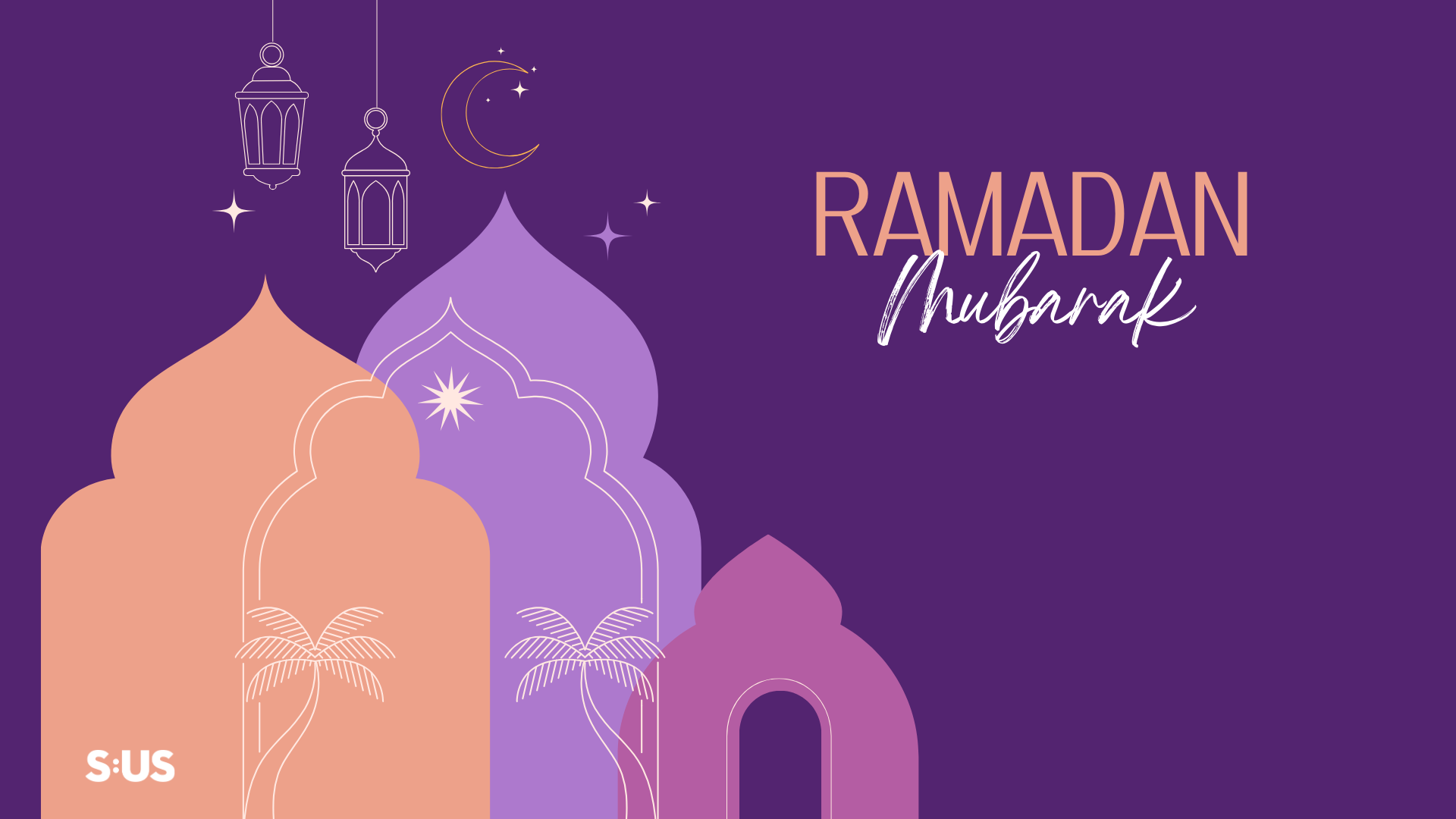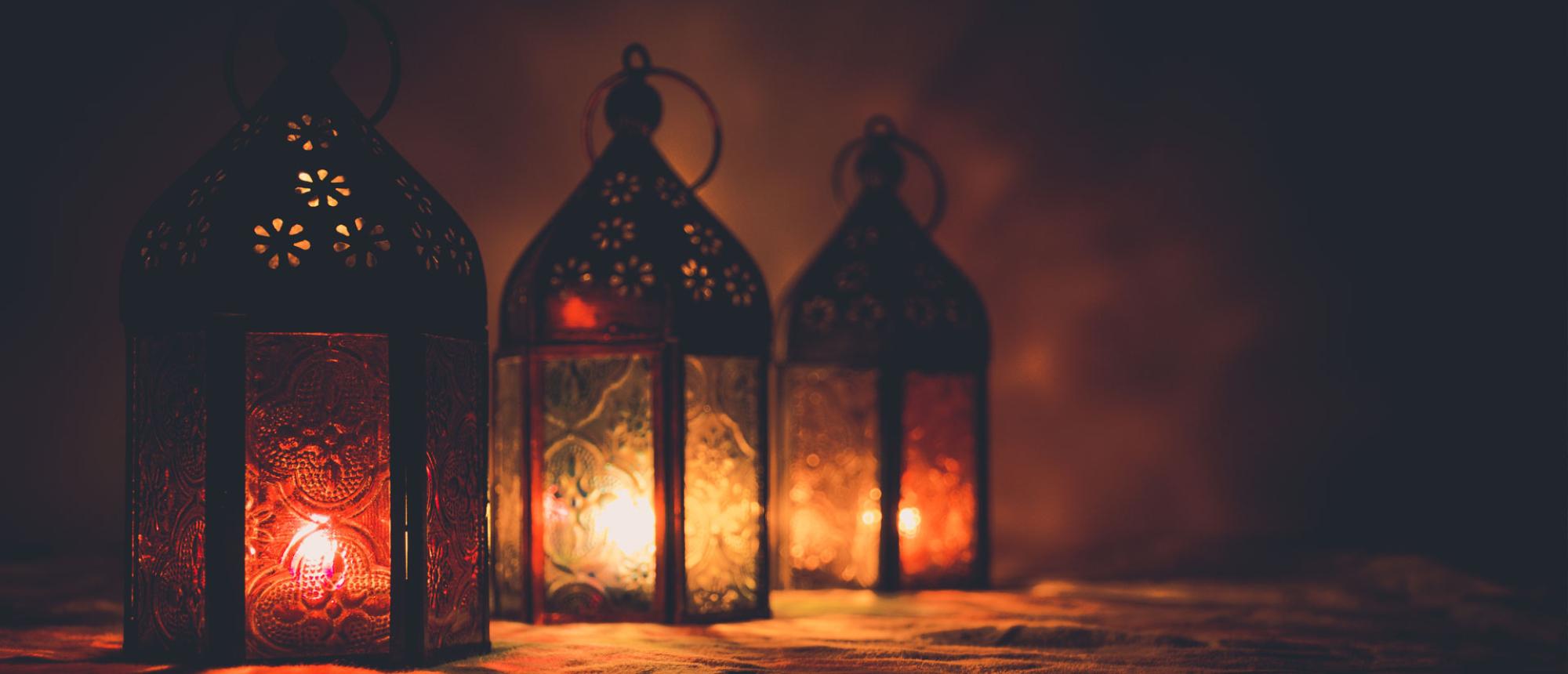Unveiling The Mystery Of Ramadan Nightmares: A Deep Dive
Have you ever woken up drenched in sweat during Ramadan, haunted by vivid dreams that feel almost real? If yes, you're not alone. "Cauchemars pendant le Ramadan" or "Ramadan nightmares" is a phenomenon that many Muslims around the world experience during this holy month. These unsettling dreams can disrupt your spiritual journey and leave you questioning why they happen. Let’s dive into this intriguing topic and uncover the reasons behind these mysterious dreams.
Imagine fasting all day, praying, and focusing on your spiritual growth, only to be disturbed by bizarre dreams at night. It’s like your mind is playing tricks on you while your body rests. But why does this happen? Is it a sign, a warning, or just a side effect of fasting? We’ll explore all these questions and more in this article.
As we journey through this topic, we’ll uncover the science behind dreams, the psychological and physiological factors that contribute to Ramadan nightmares, and most importantly, how you can deal with them. Whether you’re a seasoned fasting veteran or a newcomer to Ramadan, this article has something for everyone. So, let’s get started!
What Are Ramadan Nightmares?
First things first, let's break down what we mean by "Ramadan nightmares." These are vivid, unsettling dreams that people often experience during the holy month of Ramadan. Unlike regular dreams, Ramadan nightmares tend to be more intense and memorable, leaving a lasting impression on the dreamer. But what makes these dreams so unique to Ramadan?
Understanding the Nature of Dreams
Dreams are like the mind’s way of processing information. During Ramadan, when your body undergoes significant changes due to fasting, praying, and staying awake late at night, your mind tends to react differently. This can result in more vivid and sometimes disturbing dreams. According to sleep experts, dreams during Ramadan are often influenced by the unique lifestyle changes that come with the month.
Why Do Ramadan Nightmares Happen?
Now that we know what Ramadan nightmares are, let’s talk about why they happen. There are several factors that contribute to these unsettling dreams, ranging from physiological changes to psychological stress. Let’s take a closer look at each of these factors.
Physiological Factors
- Fasting: When you fast, your body goes through a period of hunger and thirst. This can affect your sleep patterns and lead to more vivid dreams.
- Altered Sleep Cycle: During Ramadan, many people stay up late for Taraweeh prayers and wake up early for Suhoor. This disruption in your regular sleep cycle can lead to more intense dreams.
- Dehydration: Not drinking enough water during the day can also contribute to vivid dreams and nightmares.
Psychological Factors
- Increased Stress: The spiritual and emotional stress of Ramadan can manifest in your dreams, leading to nightmares.
- Emotional Turmoil: Reflecting on your life, sins, and spiritual growth during Ramadan can sometimes result in unsettling dreams.
Common Themes in Ramadan Nightmares
Interestingly, many people report similar themes in their Ramadan nightmares. These dreams often revolve around spiritual struggles, fears, and anxieties. Let’s explore some of the most common themes.
Spiritual Struggles
Many people dream about failing to complete their prayers, missing important religious obligations, or facing divine punishment. These dreams often reflect the dreamer’s fears and concerns about their spiritual journey.
Fears and Anxieties
Other common themes include dreams about death, loss, and uncertainty. These dreams might stem from the increased focus on mortality and the afterlife during Ramadan.
How to Deal with Ramadan Nightmares
Experiencing Ramadan nightmares can be unsettling, but there are ways to cope with them. Here are some tips to help you deal with these dreams and ensure a peaceful sleep during Ramadan.
Improve Sleep Hygiene
Maintaining good sleep hygiene is crucial during Ramadan. Try to establish a regular sleep schedule, even if it’s different from your usual routine. Avoid heavy meals before bed and make sure your sleeping environment is comfortable.
Stay Hydrated
Dehydration can contribute to vivid dreams and nightmares. Make sure you drink plenty of water during non-fasting hours to keep your body hydrated.
Practice Stress Management
Engage in stress-relieving activities such as meditation, deep breathing exercises, or gentle yoga. These practices can help calm your mind and reduce the likelihood of nightmares.
The Science Behind Dreams
To truly understand Ramadan nightmares, it’s important to delve into the science behind dreams. Dreams are a natural part of the sleep cycle, occurring mostly during the REM (Rapid Eye Movement) stage. During this stage, your brain is highly active, processing emotions, memories, and experiences. Let’s explore how this process is affected during Ramadan.
REM Sleep and Fasting
Fasting can alter your REM sleep cycle, making your dreams more vivid and intense. This is because your body is in a state of restorative sleep, trying to compensate for the lack of food and water during the day.
Spiritual Perspectives on Ramadan Nightmares
From a spiritual perspective, Ramadan nightmares can be seen as a form of divine communication or a test of faith. Many religious scholars believe that these dreams can serve as a wake-up call, urging individuals to reflect on their actions and seek spiritual growth.
Interpreting Dreams in Islam
In Islamic tradition, dreams are often seen as a source of guidance and insight. While some dreams may be unsettling, they can also provide valuable lessons and warnings. Consulting with a knowledgeable spiritual advisor can help you interpret these dreams and gain a deeper understanding of their meaning.
Real-Life Experiences and Testimonials
Let’s hear from real people who have experienced Ramadan nightmares and how they’ve dealt with them. These personal stories can offer valuable insights and advice for anyone struggling with this phenomenon.
Testimonial 1: Amina’s Story
Amina, a mother of three, shares her experience with Ramadan nightmares. “Every year during Ramadan, I have these vivid dreams that leave me feeling unsettled. But after practicing better sleep hygiene and staying hydrated, I’ve noticed a significant improvement in my sleep quality.”
Expert Opinions and Research
To further understand Ramadan nightmares, we consulted with sleep experts and reviewed relevant research studies. According to Dr. Sarah Johnson, a renowned sleep specialist, “Fasting and altered sleep patterns during Ramadan can lead to more vivid dreams. However, by making a few lifestyle adjustments, individuals can minimize the occurrence of nightmares.”
Statistical Insights
Studies show that up to 30% of people experience more vivid dreams during Ramadan. This statistic highlights the prevalence of this phenomenon and underscores the importance of addressing it.
Conclusion: Embrace the Journey
Ramadan nightmares, while unsettling, can be a valuable part of your spiritual journey. By understanding the science, psychology, and spirituality behind these dreams, you can learn to embrace them and use them as tools for growth. Remember to practice good sleep hygiene, stay hydrated, and seek spiritual guidance when needed.
We encourage you to share your experiences with Ramadan nightmares in the comments below. Your story could inspire others and help them navigate this unique phenomenon. Don’t forget to check out our other articles for more tips and insights on living a balanced and fulfilling life during Ramadan.
Table of Contents
- What Are Ramadan Nightmares?
- Why Do Ramadan Nightmares Happen?
- Common Themes in Ramadan Nightmares
- How to Deal with Ramadan Nightmares
- The Science Behind Dreams
- Spiritual Perspectives on Ramadan Nightmares
- Real-Life Experiences and Testimonials
- Expert Opinions and Research
- Conclusion: Embrace the Journey

Blessed Ramadan

Quel maquillage pendant le ramadan ? Passion Makeup

Visiting Morocco during Ramadan